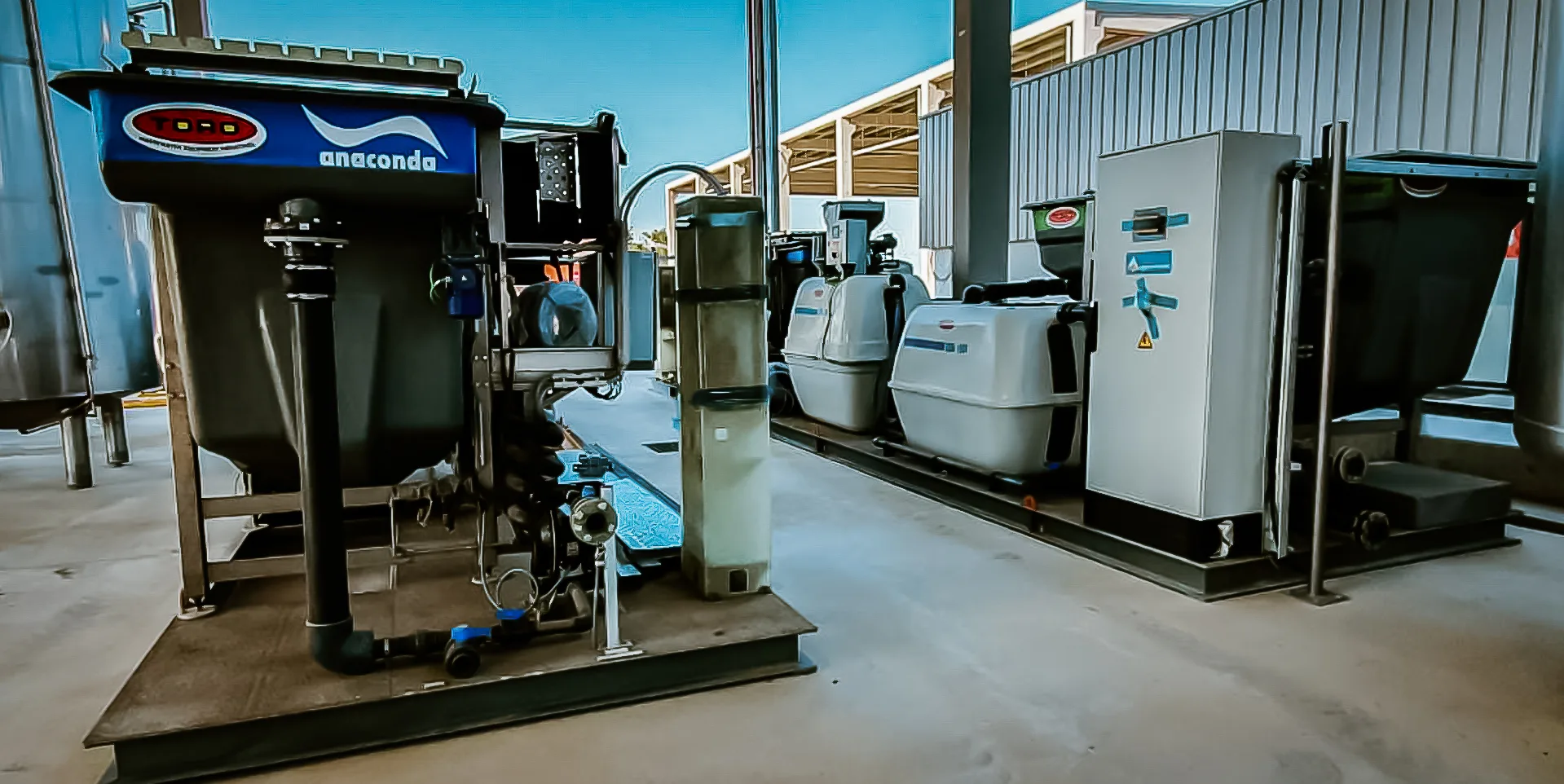

Industrial water treatment systems.
Play a critical role in ensuring the quality and reliability of water used in various industrial processes. These systems are designed to address the unique challenges presented by industrial water sources, which often contain a range of impurities and contaminants. The effective treatment of industrial water is essential for maintaining the efficiency of equipment, preventing corrosion, and complying with environmental regulations. Here are key aspects and considerations:
In summary, are diverse and specialized, addressing the unique challenges posed by industrial water sources. Effective treatment is essential for maintaining the integrity of industrial processes, ensuring compliance with regulations, and promoting sustainability in water usage. The selection and implementation of appropriate water treatment systems are critical considerations for industrial operations seeking to optimize their water management practices.